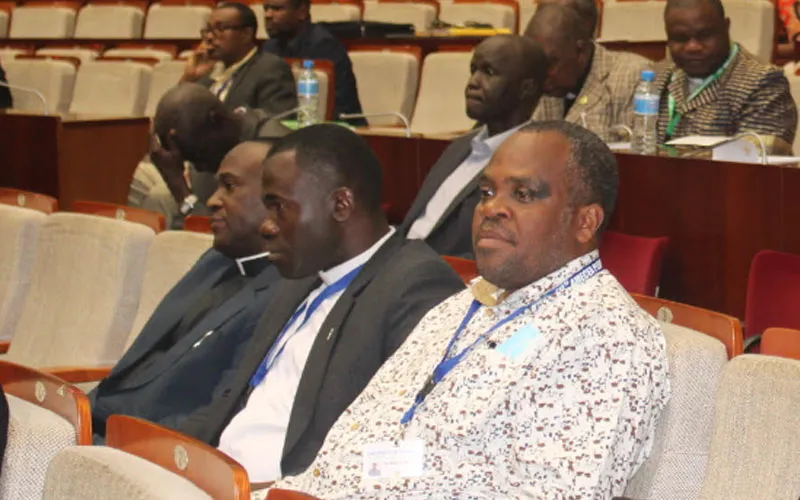Kampala, 16 July, 2022 / 10:30 pm (ACI Africa).
Environmental degradation in Uganda is a result of “human action”, a Catholic Church official has said.
In an interview with ACI Africa on the sidelines of 20th Plenary Assembly of the Association of Member Episcopal Conferences in Eastern Africa (AMECEA) in Dar es Salaam, Tanzania, the National Executive Secretary of the Catholic Commission for Justice and Peace (CCJP) of the Uganda Episcopal Conference (UEC) said citizens are already feeling the effects of climate change.
“We have as many countries in Africa several challenges that are faced by our mother earth and the first is human action,” Dr. Emmanuel Aliba Kiiza told ACI Africa Wednesday, July 13 on the sidelines of the AMECEA Plenary Assembly that has brought together hundreds of delegates to reflect on the care for the environment in the Eastern Africa region.
Dr. Kiiza outlined some of the actions that destroy the environment, saying, “We are destroying forests; we are contaminating rivers; we are depleting the fertile soils that are supposed to be feeding us because of the methods we use to cultivate.”
“We are using a lot of fuels that contaminate the environment,” he further said, and added, “We do not have many alternative energies for cooking; so, we end up using charcoal; we end up using firewood. And by that we are depleting our forests.”








